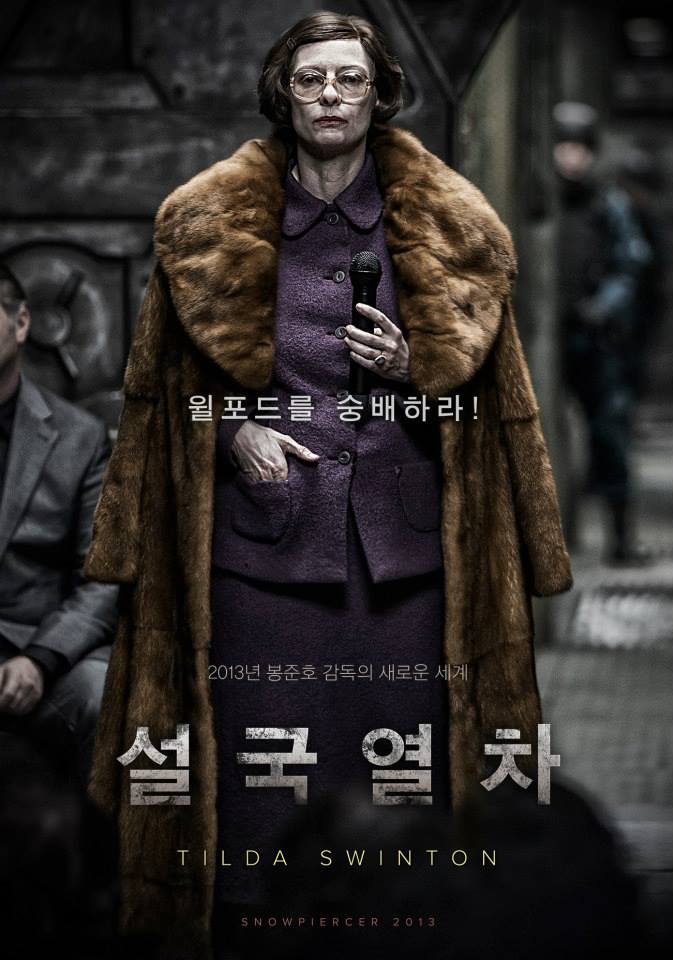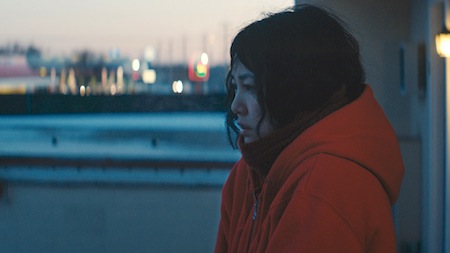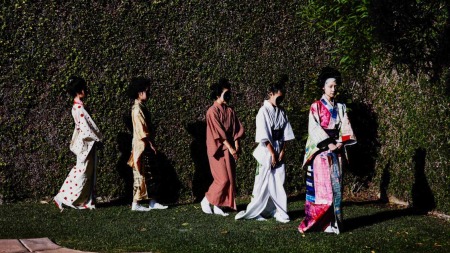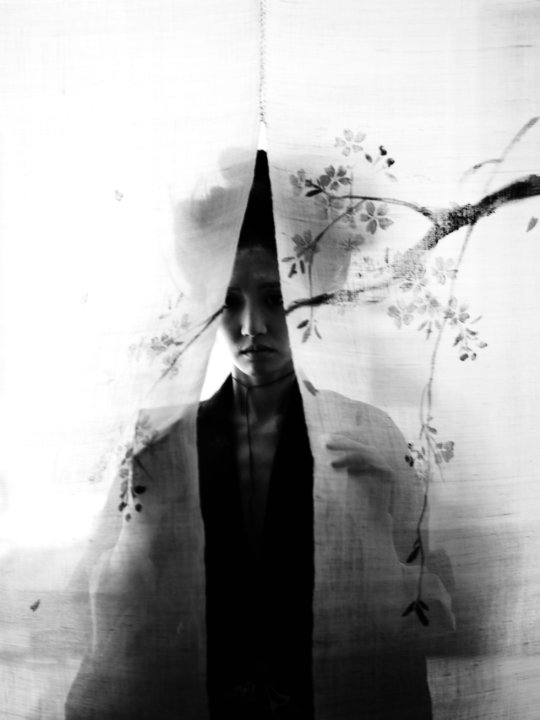Link Mommy, Link!
 Wednesday, February 5, 2014 at 9:47AM
Wednesday, February 5, 2014 at 9:47AM Vanity Fair interviews director John Hillcoat (Lawless, The Road) on his controversial Superbowl ad for Coke. I personally loved it. The right-wingers hate its reminder of America as melting pot.
NPR Jehane Noujaim's The Square, nominated for Best Documentary, is having trouble getting screened at home in Egypt
Theater Mania interviews the great Charles Busch (Die Mommy, Die!) about his career and new play "The Tribute Artist" in which he does impressions of Marilyn, Bette Davis, and Katharine Hepburn among others. (I met Mr Busch at the anniversary Cabaret screening last year and he was so sweet)
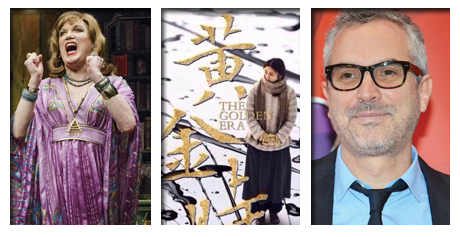
Gothamist Alfonso Cuarón's Oscar campaign hits Lincoln Center soon for screenings and discussions of Children of Men and Gravity here in NYC. Ah c'mon Lincoln Center. Throw in Y Tu Mama Tambíen (still his best picture) and we'll totally be talking!
Pajiba on the whitewashing of Egyptian mythology on screen. Why not cast people of color. Joel Edgerton as Ramses? Gerard Butler as an Egyptian god? Ummmm
LA Times Spike Jonze acceptance speech at the WGA's for Her
Coming Soon.
Mookie provides us with a list of the most exciting Chinese films coming this year. Lots of auteur epics and stars: Chang Chen, Tang Wei, Gong Li, and Takeshi Kaneshiro
Empire Russell Crowe's next drama Fathers and Daughters is from Italian director Gabriele Muccino (The Pursuit of Happyness) is loading up on starpower.Also cast: Amanda Seyfried, Aaron Paul, Quvenzhane Wallis, Octavia Spencer and Diane Kruger.
THR Matthew McConaughey and Ken Watanabe will costar in Gus Van Sant's Sea of Trees about two suicidal men
Empire Alicia Vikander (yaaaasss) and Kit Harrington (well, he pretty) to co-star in World War I drama The Testament of Youth directed by James Kent. Incidentally Kent has had a long career in TV films but this will be his first feature.
Deadline an update on Yorgos Lanthimos (Dogtooth) and his third film The Lobster
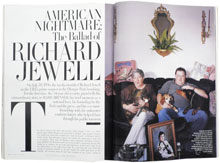 Finally...
Finally...
You have undoubtedly read in several places that Jonah Hill & Leonardo DiCaprio are both now attached to a film about the Olympics bombings of 1996. This time Hill will play Lead and Leo supports. It's based on this Vanity Fair article American Nightmare: The Ballad of Richard Jewell so we assume it will be called American Nightmare in release (or something else) since that's more generic and that they'll pretend it's not based on anything if the Original Screenplay category looks like an easy get in 2015. (Why am I so cynical?). Certainly the two worked well together in WoWS. Can they recapture the magic and double Oscar nods again? The Wire wonders which movie duo they're aiming to be.
And in case you missed it at Funny or Die... here is "Jesse Eisenberg's" leaked audition tape for Lex Luthor in Batman vs. Superman. I LOL'ed the most at the little pantomime of breaking Batma... well, I'll let you watch it.



